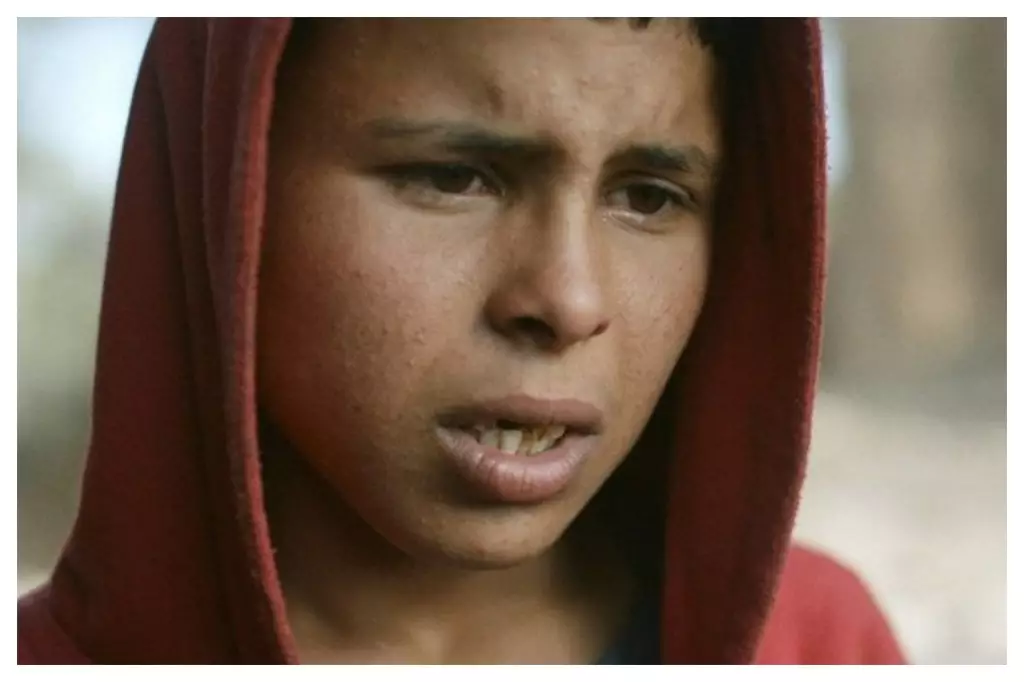The fourth edition of the Red Sea Film Festival has concluded with an array of remarkable films, but standing out prominently is “Red Path,” directed by Tunisian filmmaker Lotfi Achour. The film clinched both the Best Film and Best Director awards, an impressive feat that highlights its impactful narrative and artistic precision. What underscores this achievement is the film’s ability to resonate with audiences on a deeply emotional level, amplifying the common struggles faced by individuals amidst turmoil and violence.
“Red Path” presents a harrowing story centered on a young shepherd boy whose innocence is shattered when he witnesses the brutal beheading of his cousin at the hands of ISIS militants. This wrenching act of violence is not merely a plot device; it serves as a grim reminder of the real-world atrocities that plague many communities today. The boy’s heartbreaking mission to bring his cousin’s head home symbolizes both a personal and collective struggle against terror. Yet, it is the quest to recover the rest of the boy’s body that weaves a complex narrative thread, rigidly entangled with danger and the looming threats that terrorism poses.
The festival’s competition featured an eclectic selection of 15 films hailing from the Middle East, Africa, and Asia—a first for this platform. The jury, led by iconic filmmaker Spike Lee, included prominent figures like actress Minnie Driver and Turkish star Tuba Büyüküstün. This diverse panel not only enriched the judging process but also emphasized a blend of cultural perspectives that are essential for globally recognized cinema. Their involvement adds legitimacy to the awards and signifies the growing interest in narratives from regions that have often been underrepresented.
The awards ceremony was an evening of celebration, honoring not just the filmmakers but also outstanding performances across various categories. Renowned actress Priyanka Chopra Jonas and Viola Davis received honorary awards, highlighting their contributions to both cinema and wider social issues. This blend of recognition serves to illustrate that films are not just art; they are vital cultural artifacts that provoke dialogue and interaction among viewers.
The success of “Red Path” at the Red Sea Film Festival reflects a significant moment for Middle Eastern cinema on an international stage. As filmmakers like Lotfi Achour take the lead in sharing powerful stories rooted in the realities of their contexts, they are paving the way for a new era of storytelling that transcends borders. As audiences become more receptive to different narratives, the opportunity for cultural exchange grows, ultimately enriching the global film landscape. The recognition afforded to such poignant works encourages not only more creators from the region to share their stories but also fosters understanding and empathy among audiences worldwide. The future looks promising for films that are not just entertaining but deeply reflective of human experience.
